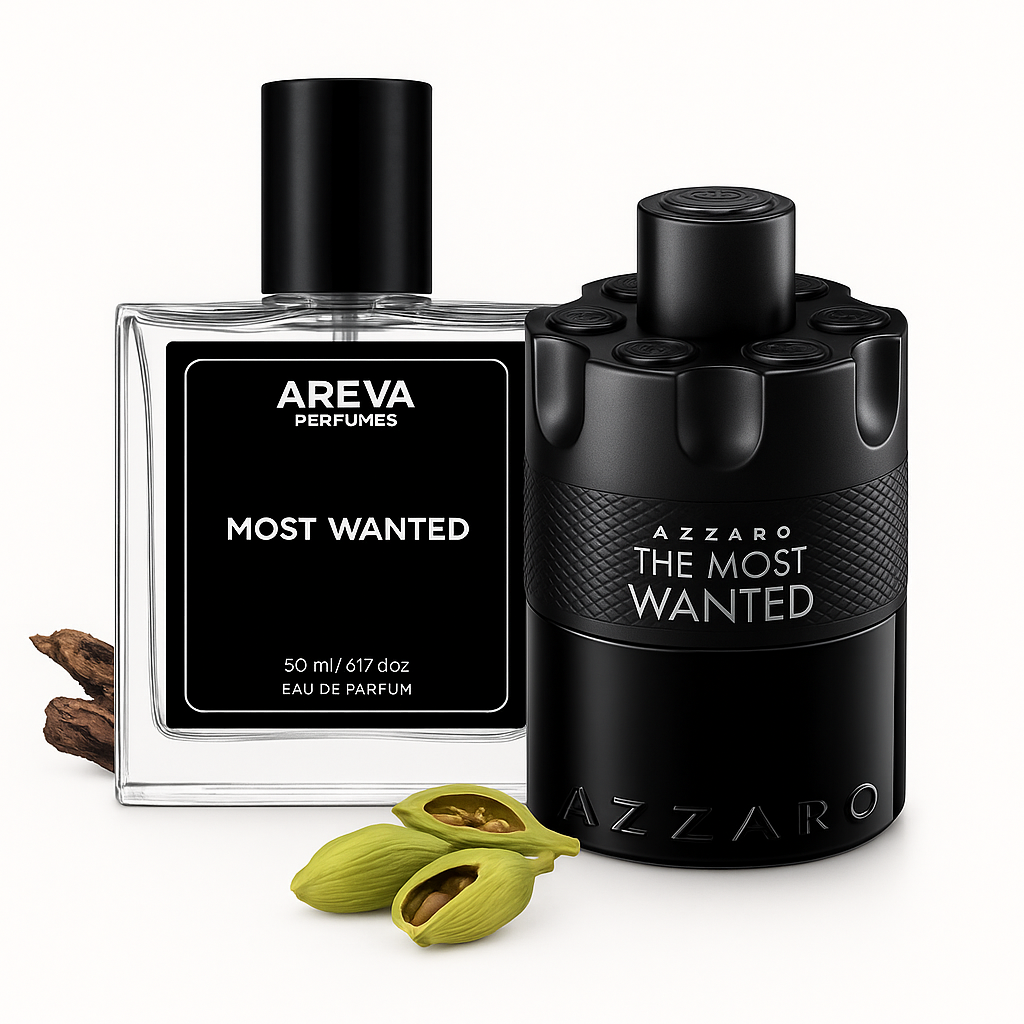
Why Doesn’t My Perfume Last Long Enough?
Share
Many fragrance lovers ask the same question: Why does my perfume fade so fast? The truth is, several factors affect the longevity of a scent. Understanding these can help you get the most out of your favorite perfume.
The Role of Skin Type and Preparation
Perfume lasts longer on well-moisturized skin. Dry skin absorbs fragrance faster, making it evaporate more quickly. Applying an unscented moisturizer or matching body lotion before spraying your perfume can help it stick and last.
Perfume Concentration Matters
The staying power depends on the type of fragrance you’re using:
- Parfum/Extrait de Parfum (20–30% oil): Can last 12–24 hours.
- Eau de Parfum (EDP) (15–20% oil): Lasts 6–12 hours.
- Eau de Toilette (EDT) (5–15% oil): Lasts 3–6 hours.
- Eau de Cologne (EDC) (2–5% oil): Fades in 1–3 hours.
The higher the concentration, the longer it typically lasts—but it may also be heavier or more intense.
Application Technique and Pulse Points
Where and how you apply your perfume matters. Spray on pulse points—wrists, neck, behind the ears, inner elbows—where warmth activates the fragrance. Don’t rub it in, as that breaks down the scent molecules.
Environmental Factors
Heat, humidity, and even pollution can impact perfume performance. Hot weather can cause faster evaporation, while cold air might mute the scent. Indoor environments with air conditioning or heaters also play a role.
Fragrance Families and Longevity
Certain scent families naturally last longer:
- Woody, oriental, and resinous perfumes tend to linger.
- Citrus, aquatic, and green notes fade faster due to lighter molecules.
How to Make Perfume Last Longer
- Layer with scented body products.
- Spray on clothes (be cautious with delicate fabrics).
- Use a fragrance primer or unscented petroleum jelly on pulse points.
- Store your perfume in a cool, dark place to preserve its composition.
